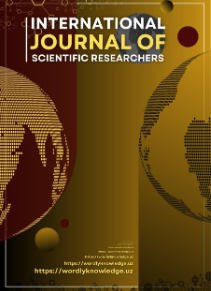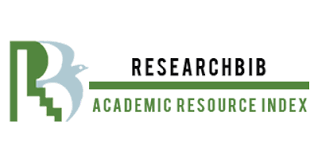ADVANTAGES OF USING SIMULATORS IN THE EDUCATIONAL PROCESS
Keywords:
simulators, educational process, advantages, immersive learning, hands-on experience, safe environment, skill development, engagement, cost-effectivenessAbstract
Advanced technological tools that replicate real-world scenarios, providing users with immersive and interactive learning experiences. The system and methods through which knowledge is imparted to students in formal settings such as schools, colleges, and universities. Positive attributes or benefits derived from using simulators in education. Engaging educational experiences that deeply involve learners in simulated environments, enhancing their understanding and retention of concepts. Practical learning opportunities that allow students to actively participate in tasks, experiments, or simulations, promoting skill acquisition and application.
References
Begmatova N.X. The use of multimedia technology in assessing the knowledge of kindergarten children // KarshiSU newsletter. 2009. -№2. - B. 63-10.; N.X. Begmatova Multimedia: term, definition, content and Technology // Physics, Mathematics and informatics. - T.: -№2. 2010. - B. 39-45.
Taylakov N.I., Rakhimov S.Z. The possibilities of using multitasking didactic tools in education. “Innovason reform in the educational system: Republican scientific and practical online conference on” through the eyes of scientists and young people”, June 17, 2020,-B.438-445.
Fayziev M. Methodology for the formation of knowledge and skills of students on the basis of a computer imitation model (on the example of the science"informatics and Information Technology"). Autoref.dis. ped. fan.nom. - T.: 2006. -48 B.
Simulation in Healthcare Education by Richard Kyle, W. Bosseau Murray, Pamela R. Jeffries.
Journal Article: "Simulation-based medical teaching and learning" by David A. Cook and Anthony R. Triola. In Medical Teacher
Simulation and Learning: A Model-Centered Approach by Philip J. Kellman and Richard E. Mayer.







